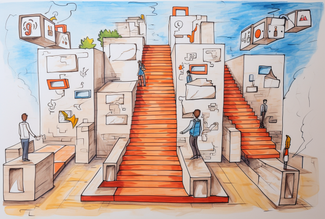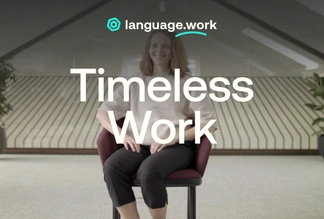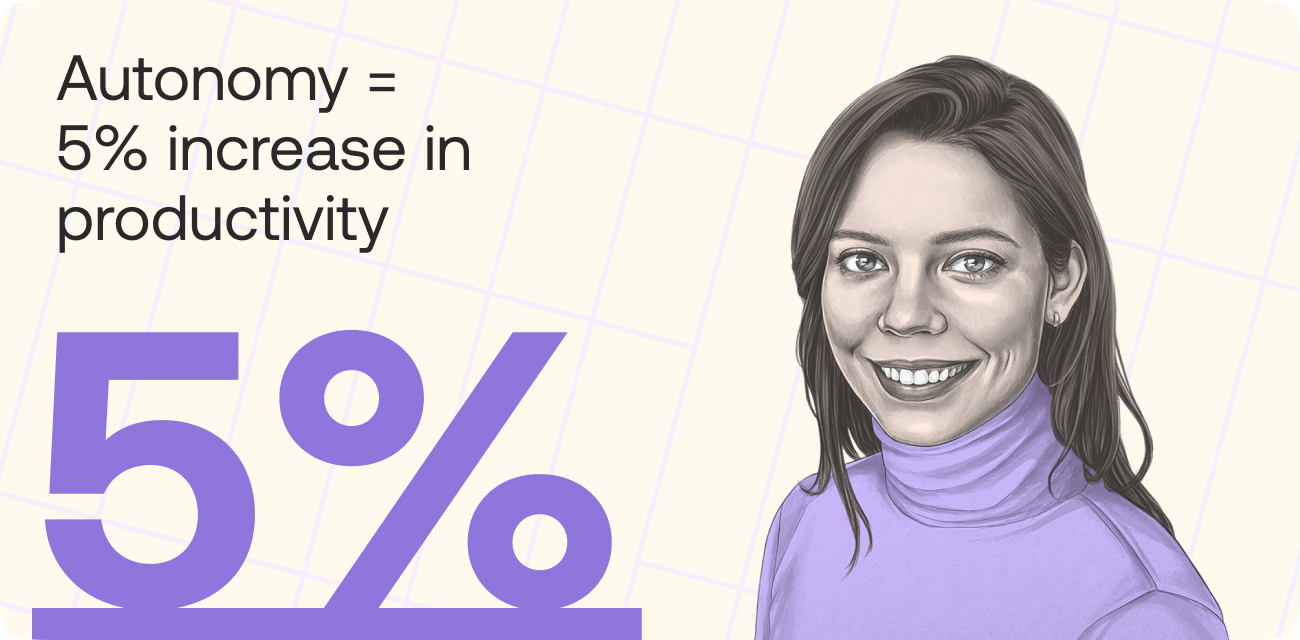
Welcome to the era of the empowered employee
The benefits have changed, the working hours have changed, and our attitudes toward work have changed. Now, instead of culture being an ask, it’s a necessity. Adding flexibility to that culture is part of the language.
We’ve entered a new era of empowered knowledge workers who are willing to fight for the working model they prefer and aren’t afraid to go somewhere else to find it.
We’ve entered the era of the empowered employee. If you want to hold onto your best talent, you should already be thinking about how to adapt the way you work according to your employees’ post-pandemic expectations.
In this post, we’re going over the “Great Resignation,” and how employee autonomy can be an asset to your organization. We’ll also discuss the role of successful companies in this new era. Let’s get started.
The “Great resignation”
Anthony Klotz, an associate professor of management at Texas A&M University’s Mays Business School, coined the term “Great resignation” in May of 2021.
Klotz defines the “Great resignation” as a mass exodus of employees from their current positions. After high rates of resignation when the economy was strong throughout 2018 and 2019 with a dip in 2020, he predicted that these numbers would spike as soon as a vaccine became available. He was correct.
The pandemic was a time of reflection for many. Employees are taking a hard look at what their job requires, how it aligns with their life goals, and what they need from their employer. Employees whose needs aren’t met within their current positions are empowered to find work elsewhere -- hence the upward trend in resignations.
Here’s a bit of what Klotz told the BBC:
“Honestly, I can hardly recall a time when the job market was so much in the employee’s favor and that’s definitely a good thing. Wages have to go up. Companies have to adapt. But it may well be a slow period of experimentation.”
After seeing how flexible companies can be while still exceeding profit margins, many employees are no longer willing to sacrifice on work-life balance.
2020 brought almost 6 million fewer resignations than 2019. So whether employees were sticking it out to see what happened, looking for security in an uncertain time, or happy with their jobs, the mass exodus is being felt across industries.
Empowering employees with autonomy
According to a recent PwC survey, more and more employees seek flexibility as compensation for their work, in addition to a salary. Giving employees autonomy over their work schedule shows that leadership cares about an employee’s life outside of work. It showcases a trust that can inspire workers to get the job done.
Employee engagement is more critical to your organization’s success than you might think:
- Companies with high employee engagement are 22% more profitable
- Employee engagement can reduce absenteeism by 41%
- Low employee engagement costs companies $450-500 billion every year
When you trust your employees to get their work done in a way that fits their lifestyle, you’ll experience a boost in employee engagement and job satisfaction across your workforce. In fact, 85% of all employees are not engaged in the workplace, and 79% of autonomous employees are engaged.
You won’t lose out on productivity, either -- the US workforce collectively reported a 5% increase in productivity since shifting toward autonomy and asynchronous work.
A lasting culture of empowered employees
We will be feeling the impact of the “Great resignation” for some time. While the pandemic brought pain to so many, a new generation of empowered employees might just be the silver lining.
Employees are learning to take control of their life. In the past, they were willing to remain stuck in a job that didn’t bring happiness or fit their lifestyle. After a year of getting uncomfortably familiar with all we have to lose, employees aren’t willing to sacrifice their well-being or happiness for comfort and security.
Instead, they’ll risk their comfort by seeking autonomy at a company that supports their individual needs -- and they will provide that company with good work in return.
Klotz ended his BBC interview by saying, “as an organization, you don’t just want to capture people’s bodies, but you want to capture their hearts too. And it’s that bit that’s going to prove tough.”




